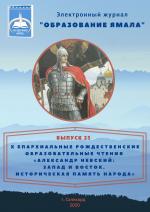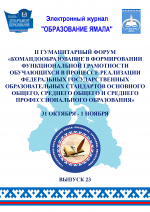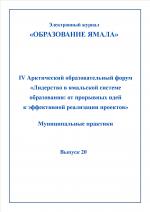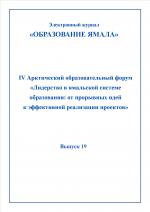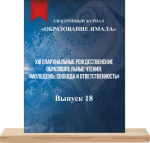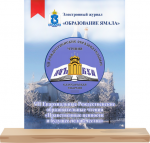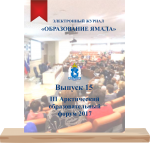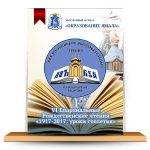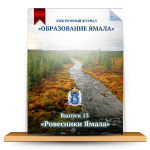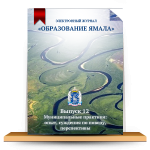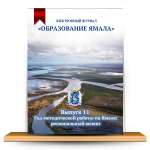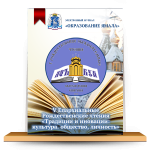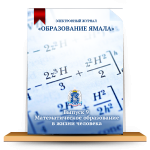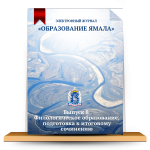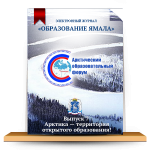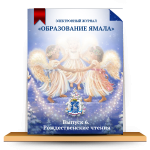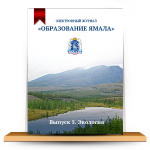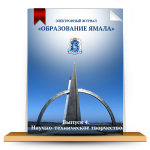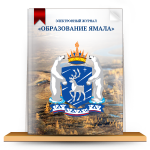Разработка семинара: Обучение словообразованию на уроках английского языка
Materials and references: appendix 1, appendix 2, appendix3, posters4, felt pens.
Audio-visual aids: Song: http://www.youtube.com/watch?v=5k3JVfxluFU, power point presentation.
|
Stage (time) |
Trainer procedure
|
Teacher actions |
Materials |
Interaction form |
|
1.Introduction Lead-in “Commenting on the statements” 10min. |
Giving instructions.
|
Present the statements to participants and ask them first, what they think about them. Let them talk about different statements and different ways of interpreting the problem of teaching word-formation. Then ask them, what they agree with. From these observations lead the discussion towards the trainees' own experiences with inappropriate training or teaching measures. Let them describe, what went wrong in those situations and what might have been the causes. Invite them to think about what would have been different, if the trainer/teacher had given them a chance to influence the training/learning situation. Summarize the discussion together with the participants by establishing a list of reasons of why it is important to teach and train word formation. |
Appendix 1
|
Group work
|
|
Listening and comprehension stage 15 min.
|
Pre-listening tasks
|
Divide the trainees into two groups and hand out the sentences. Give the instructions to learn them by heart using some gestures and movements which can help to memorize the sentences. Then ask them to teach their sentences the trainee from the other group. |
Appendix 2 |
Group work |
|
Feedback 5 min. |
Task adoption |
Ask the trainees how this activity can be used on their lessons? How it can be adopted? |
Use think-pair-share technique |
Pair work Personalization
|
|
10 min. |
They have to change the words given into adverbs or adjectives. These adverbs or adjectives were practiced in the previous stage. |
Give out Worksheet 1 to each student and ask them to fill the gaps in the song in pairs. |
Appendix 3 |
Pair work |
|
Listening 5 min. |
Trainees listen to the song and check their answers |
Let the trainees to check their answers while listening.
|
|
Pair work |
|
Post – listening 5 min. |
Working with suffixes and prefixes |
Ask the trainees to underline the suffixes and the prefixes of adverbs and adjectives in the song. Check the answers. |
|
Individual work |
|
Feedback 5 min. |
Task adoption |
Ask the trainees how this activity can be used on their lessons? How it can be adopted? |
Use “think-pair-share” technique |
Pair work Personalization
|
|
10 min. |
Project work |
Ask trainees to do the project “Activities to practice word formation”. Provide them with some ideas. |
Appendix 4 |
Group work |
|
10 min. |
Presentation
|
The trainees do their projects in groups. |
Posters, felt pens |
Group work |
|
Peer feedback |
|
Ask the trainees why do they like the presentations of other groups? What are their advantages? |
|
Personalization |
|
Reflexion 5 min. |
Reflective questions |
1. When and how can you focus on word formation, suffixes and prefixes in your lesson? 2. Would you teach your learners with the help of these activities? |
Use “think-pair-share” technique |
Personalization |
Reference
http://busyteacher.org/14531-word-formation-parts-of-speech-how-to-teach.html
http://busyteacher.org/5451-the-logical-song-supertramp-worksheet.html
https://edition.englishclub.com/tefl-articles/7-word-formation-games/
http://www.theteachersguaid.com
http://www.youtube.com/watch?v=5k3JVfxluFU
Appendix 1
Statements
Some teachers confess they were taught ford formation only at university level, some admit they do not really teach this subject hoping the learners will figure it out at some point. The reality we face, however, is brutal — our students have to deal with ford formation in their State Exams in 9 th grade. So, we have to prepare them.
Despite their importance to the foreign learners, processes of word-formation are often neglected in school classrooms and teaching materials. This is a result of negligence of vocabulary as a teaching item in the curriculum and priority given to the rules of sentence construction or language form and structure.
Processes of word-formation and affixes are not neglected in the syllabus. The time allocated for studying and practising affixes in the classroom for the learners is sufficient to make them study and practise affixes effectively and productively.
Teachers do not encourage students to use productive affixes, do not make students familiar with the affixes involved in building and forming words and do not train them to practise to recognize and produce the affixes easily. To enable students to get mastery and command on vocabulary by using words effectively and productively for social interaction and communication.
Appendix 2
I’m a wonderful, beautiful teacher, I’ll teach happily, playfully clinical teachers (1st group).
I am a teacher, I am not a criminal, that’s why I am liberal, responsible but dependable (2nd group).
Appendix 3
|
The logical song by Suprtramp
|
I say, “Now what would you say for they cailing you a radical
|
Электронный журнал «Образование Ямала»
Интернет-компания СофтАрт


